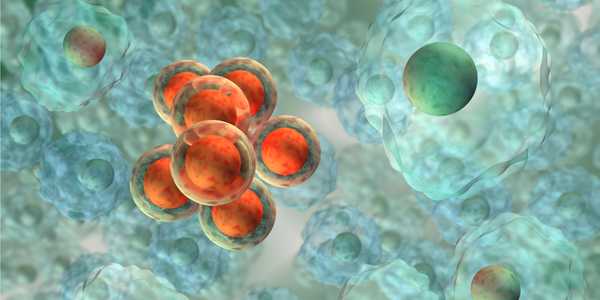
STEM CELL THERAPY IS PROMISING PERSONALIZED THERAPY
An injection of stem cells into the eye may soon slow or reverse the effects of early-stage age-related macular degeneration, according to new research from scientists at Cedars-Sinai. Currently, there is no treatment that slows the progression of the disease, which is the leading cause of vision loss in people over 65.
“This is the first study to show preservation of vision after a single injection of adult-derived human cells into a rat model with age-related macular degeneration,” said Shaomei Wang, MD, PhD, lead author of the study published in the journal STEM CELLS and a research scientist in the Eye Program at the Cedars-Sinai Board of Governors Regenerative Medicine Institute.
The stem cell injection resulted in 130 days of preserved vision in laboratory rates, which roughly equates to 16 years in humans. Age-related macular degeneration affects upward of 15 million Americans. It occurs when the small central portion of the retina known as the macula deteriorates. The retina is the light-sensing nerve tissue at the back of the eye. Macular degeneration may also be caused by environmental factors, aging and a genetic predisposition.
When animal models with macular degeneration were injected with induced neural progenitor stem cells, which derive from the more commonly known induced pluripotent stem cells, healthy cells began to migrate around the retina and formed a protective layer. This protective layer prevented ongoing degeneration of the vital retinal cells responsible for vision.
Cedars-Sinai researchers directed by Dhruv Sareen, PhD, with support from the Janet Polak Foundation Stem Cell Core Laboratory, first converted adult human skin cells into powerful induced pluripotent stem cells (iPSC) which were then directed into induced neural progenitor stem cells.
“These induced neural progenitor stem cells are a novel source of adult-derived cells which should have powerful effects on slowing down vision loss associated with macular degeneration” said Clive Svendson, PhD, Director of the Board of Governors Regenerative Medicine Institute and contributing author to the study.
“Though additional pre-clinical data is needed, our institute is close to a time when we can offer adult stem cells as a promising source for personalized therapies for this and other human diseases” said Svendson. Next steps include testing the efficacy and safety of the stem cell injection in preclinical animal studies to provide information for applying for an investigational new drug. From here, clinical trials will be designed to test potential benefit in patients with later-stage age-related macular degeneration.
Article Source
1. Wang S et al. STEM CELLS. 2015 April. Human iPSC-derived neural progenitors preserve vision in an AMD-like model.
2. National Eye Institute, USA.